Few people think about their car exhaust system unless it is causing problems. But it is an integral safety feature of any vehicle.
The exhaust system converts harmful gases produced by the engine into breathable gases. It also moves them underneath the car, instead of in the cabin, and out the tailpipe. Without an exhaust system, it would be hazardous, if not impossible, to drive because of all the harmful gases that would get trapped inside your vehicle. Let’s take a deeper dive into everything this vital component does for you and your car.

The Car Exhaust System
The exhaust system is responsible for dissipating gasses produced by the engine. It cleans emissions as they exit the vehicle and dampens engine noise. It can also affect your vehicle’s overall performance, including fuel efficiency and engine power.
The system consists of several parts; an exhaust manifold, oxygen sensors, a catalytic converter, a muffler, a resonator in some vehicles, and a tailpipe. Each component plays a role in the safety of the vehicle.
Vehicle Exhaust System Components
Exhaust Manifold
The exhaust manifold is the first component connected directly to the engine. It connects to each cylinder, taking any exhaust gases and combining them into one pipe, leading to the catalytic converter. The exhaust manifold is usually made of cast iron. There are also options for stainless steel and aluminum.
Oxygen Sensors
There are two oxygen sensors, one after the exhaust manifold and one after the catalytic converter. They monitor the oxygen level in the exhaust gas.
Their role is crucial because it can affect fuel efficiency. Too much oxygen means the car is using too little fuel. Too little oxygen means the car is using too much fuel. The sensors will communicate this info to the computer, so it can adjust the fuel injector pulse width (on time of the injectors), ignition timing and when the ignition coils are fired (saving you gas).
Catalytic Converter
The catalytic converter breaks down a large amount of the harmful gases into oxygen, nitrogen, and carbon dioxide. It is a complex system that uses reduction and oxidation to transform dangerous gases into clean ones.
This makes cars safe to drive and is better for the environment since it makes the emissions that leave the vehicle clean.
Muffler and Resonator
The muffler and resonator, when present, soften and dampen engine noises. When you hear a car without a muffler, you know how vital the muffler is.
The muffler contains tubes that make the sound waves intercept, causing them to cancel out. Sound waves are softened by the outer walls of the muffler when bouncing through different holes in the tubes.
Not every vehicle has a resonator, but it assists in canceling noise. It is connected to the muffler by a hole. It has a specific length and air volume that produces a wave that will cancel out a particular sound frequency. The muffler and resonator use specific dimensions and designs tailored to your vehicle.
Tailpipe
The tailpipe is the final part of the exhaust system. All of the cleaned gases exit the vehicle and disperse into the air instead of into the car. While it may be the most straightforward aspect of the system, it makes your car safe to drive with the windows rolled up.
Common Exhaust System Issues
Suppose your car exhaust system is having problems. In that case, you can tell by lower fuel efficiency, noises from the muffler, most likely rumbling, and possibly noxious smells from the exhaust gases. Your check engine light may also illuminate if there are exhaust system problems.
If you are experiencing any concerning signs, take your car to the mechanic as soon as possible. They can make an educated evaluation of the issues. If you’re in the Houston area, call Northwest Auto Center at (281) 894-8880.
Beware of Corrosion!
The most common issue with an exhaust system is corrosion. Since the system is under the car and close to the ground, it is more susceptible to corrosion. Additionally, the system produces moisture during the combustion and conversion process, add added moisture to the corrosion process.
If you live in a rainy climate or take short trips in your car frequently, corrosion will happen more quickly. When you drive short distances, the moisture in the system doesn’t have enough time to heat up and evaporate, making it sit in your pipes instead.
Salt is another cause of corrosion. If you live in a colder climate, you will have to deal with salt on the roads. Make sure you are washing underneath your car at least every few weeks during the winter months.
Decreasing Fuel Efficiency — Is Your Exhaust to Blame?
Decreased fuel efficiency could be a sign of a worn-out oxygen sensor. They can wear out over time, causing your engine to burn more fuel than is necessary. Your check engine light will indicate that there is a problem with the sensors. It’s simple to replace them when needed, or about every 60,000 miles to be safe.
Take Care of Your Vehicle and Exhaust System
When in doubt, take your car to your mechanic. Ensure all components of your car exhaust system are functioning efficiently for a safer environment and a safer driving experience.

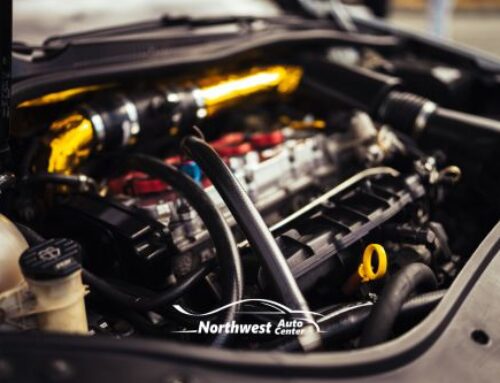
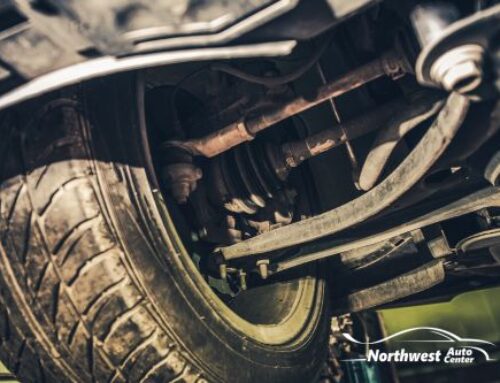
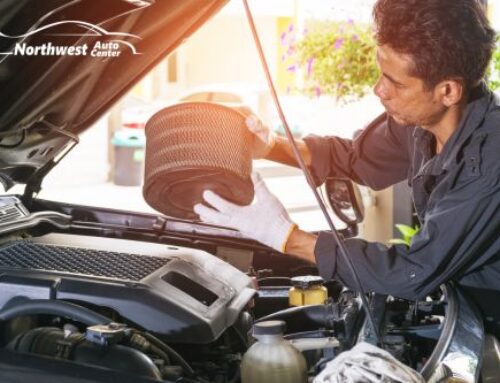
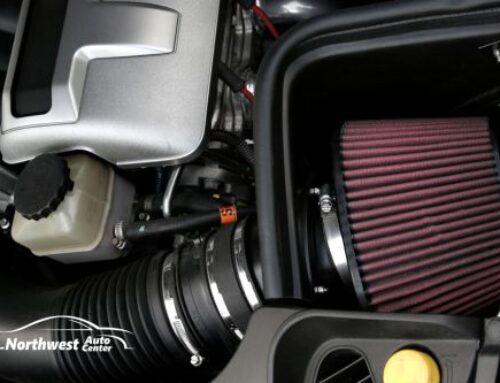
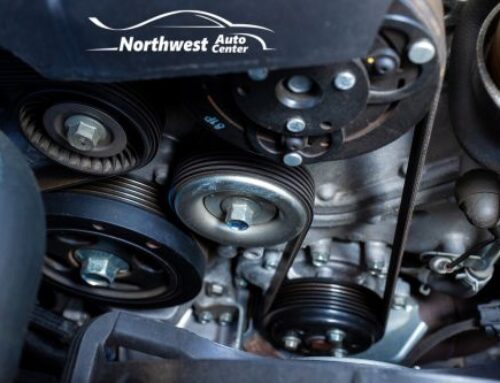
Leave A Comment
You must be logged in to post a comment.